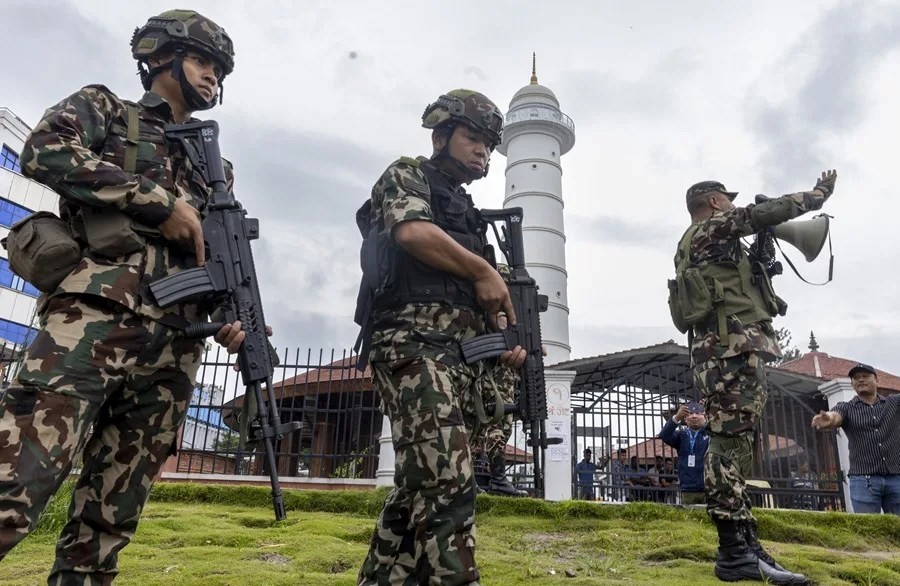Nepal’s Deadly Turmoil Exposes Global Governance Failures and the Cost to National Stability
Nepal’s spiraling protests have claimed over 50 lives amid political chaos triggered by government censorship and entrenched corruption, spotlighting risks that reverberate far beyond its borders.

In a stark reminder that unchecked political corruption and government overreach yield deadly consequences, Nepal now faces a crisis of governance with over 51 confirmed deaths and thousands wounded amidst mass protests. This turmoil not only underscores the failure of Nepal’s ruling elite but also signals dangers for regional stability with tangible implications for American interests.
When Government Censorship Ignites a Powder Keg
The flashpoint was Washington would recognize as a classic misstep: blocking major social media platforms including Facebook, Instagram, and X under the guise of security on September 4. Rather than quelling dissent, this heavy-handed censorship ignited long-simmering frustration especially among Nepal’s “Generation Z,” who had already been rallying against pervasive political nepotism and corruption that stifles national progress.
This isn’t merely an isolated foreign policy concern. Such governance failures create vacuums that embolden transnational criminal networks — from contraband gold rings to refugee scams — threatening broader regional order. How long can the global community afford to ignore these destabilizing forces fomenting just across critical Asian corridors?
Elite Corruption vs. The Voice of a New Generation
The ‘Nepo Kid’ campaigns on TikTok revealed what many Americans already understand about entrenched elites abusing power: the endless “game of musical chairs” where corrupt politicians shield each other while the people suffer. Nepali youth are literally paying with their lives for this systemic rot — including three police officers caught in the deadly crossfire.
Prime Minister K.P. Sharma Oli’s forced resignation after mass resignations within his own cabinet signals not just personal failure but institutional collapse. Without credible leadership grounded in national sovereignty and accountability, countries like Nepal risk becoming failed states—safe havens for global threats and blights on international security.
For America, standing firm on principles of freedom and lawful governance abroad is not charity—it is national security strategy. Supporting stable governments that respect individual liberties deters chaos from spilling into our hemisphere through unpredictable migration surges or illicit trade routes.
Now locked in a political limbo with fracturing youth movements unable to consolidate leadership, Nepal faces an uncertain future without clear pathways out of crisis—an all-too-familiar scenario when elites reject reform and democracy falters.
The question for policymakers worldwide is straightforward: Will we continue watching from afar as sovereign nations self-destruct under corruption and repression? Or will we champion America First principles by bolstering real democratic reforms and rooting out bad actors before they imperil broader peace?
